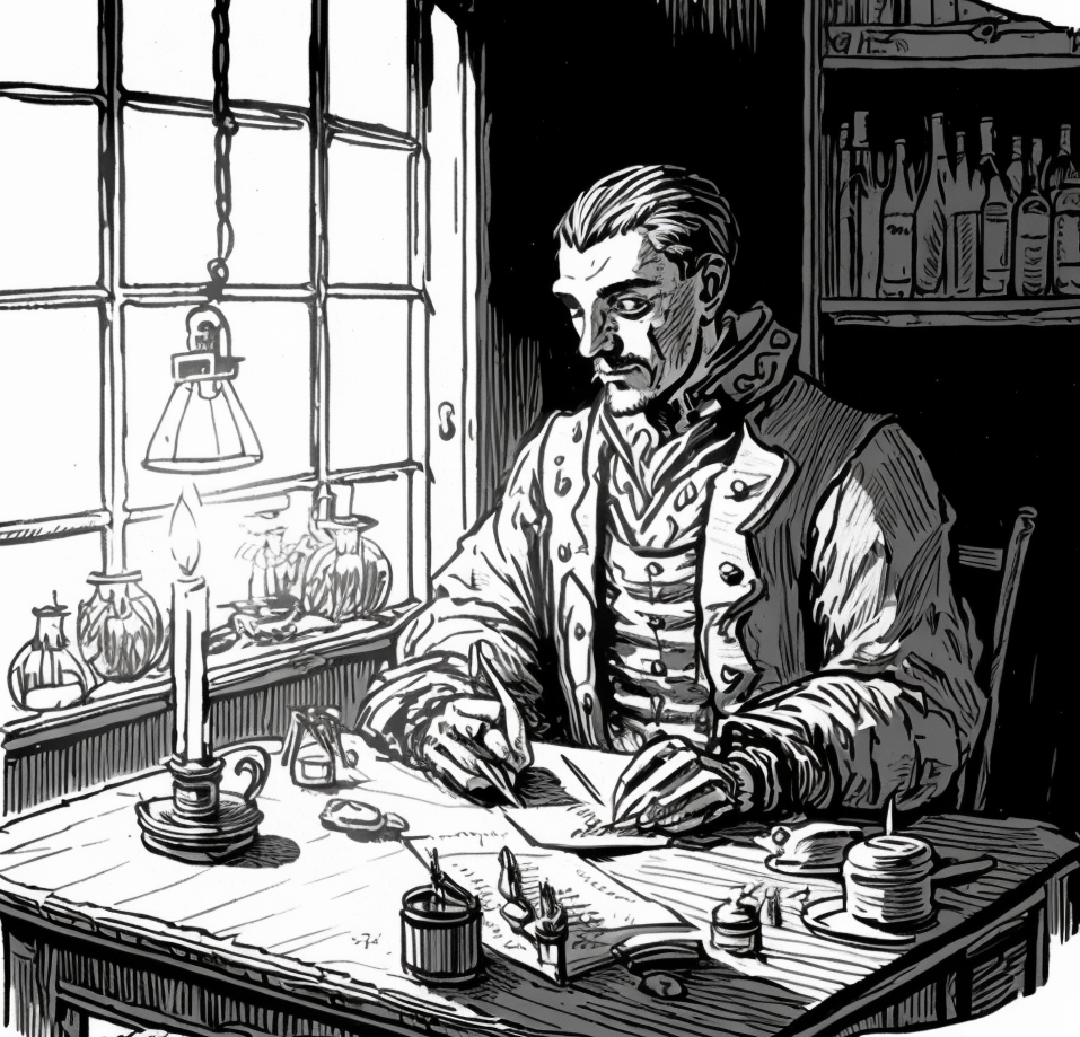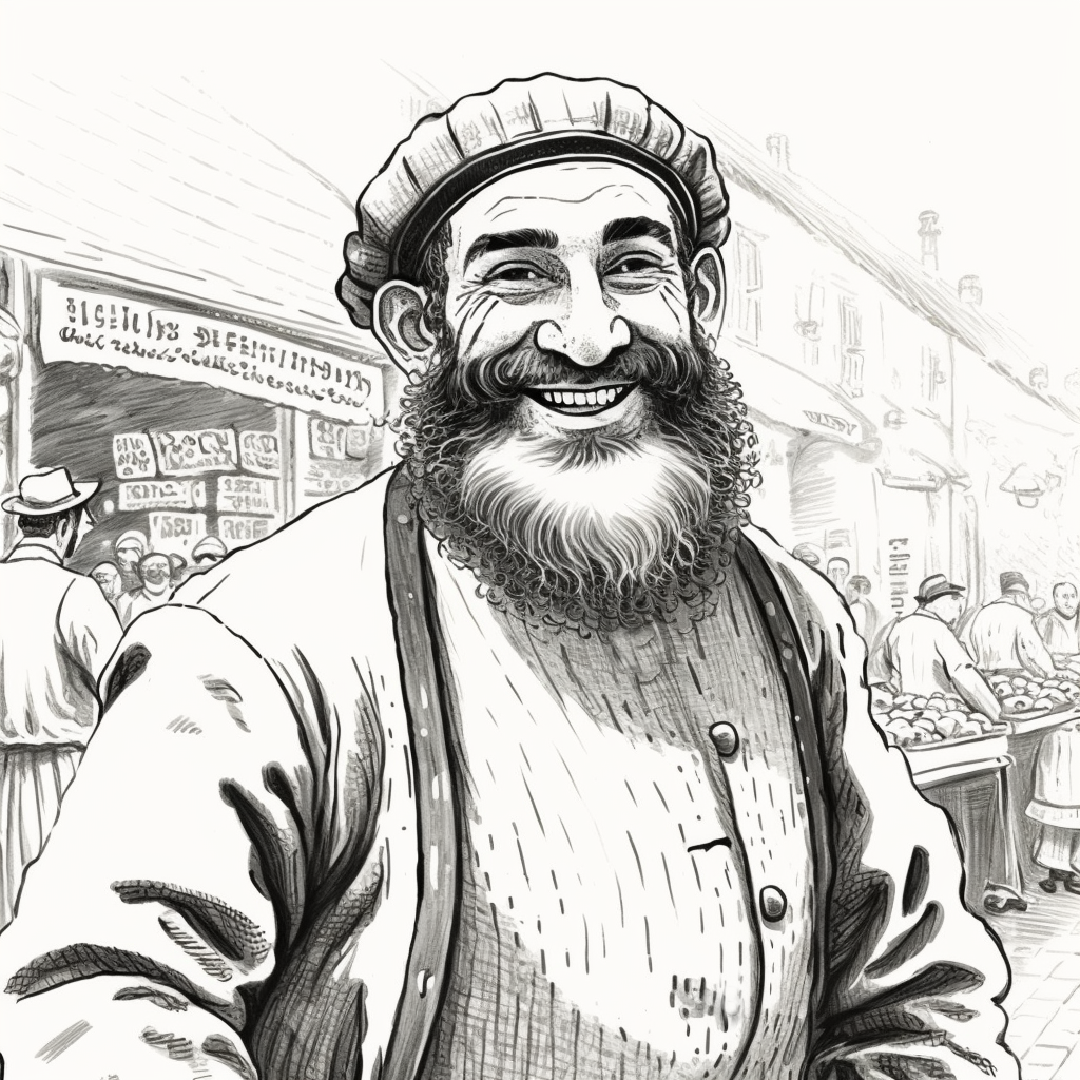ABRAHAM THE JEW, AT THE INSTIGATION OF JEHANNOT DE CHEVIGNÉ, GOETH TO THE COURT OF ROME AND SEEING THE DEPRAVITY OF THE CLERGY, RETURNETH TO PARIS AND THERE BECOMETH A CHRISTIAN
Pamfilo's story was in part laughed at and altogether commended by the ladies, and it being come to its end, after being diligently hearkened, the queen bade Neifile, who sat next him, ensue the ordinance of the commenced diversion by telling one of her fashion. Neifile, who was distinguished no less by courteous manners than by beauty, answered blithely that she would well and began on this wise: "Pamfilo hath shown us in his story that God's benignness regardeth not our errors, when they proceed from that which is beyond our ken; and I, in mine, purpose to show you how this same benignness,—patiently suffering the defaults of those who, being especially bounden both with words and deeds to bear true witness thereof yet practise the contrary,—exhibiteth unto us an infallible proof of itself, to the intent that we may, with the more constancy of mind, ensue that which we believe.

As I have heard tell, gracious ladies, there was once in Paris a great merchant and a very loyal and upright man, whose name was Jehannot de Chevigné and who was of great traffic in silks and stuffs. He had particular friendship for a very rich Jew called Abraham, who was also a merchant and a very honest and trusty man, and seeing the latter's worth and loyalty, it began to irk him sore that the soul of so worthy and discreet and good a man should go to perdition for default of faith; wherefore he fell to beseeching him on friendly wise leave the errors of the Jewish faith and turn to the Christian verity, which he might see still wax and prosper, as being holy and good, whereas his own faith, on the contrary, was manifestly on the wane and dwindling to nought. The Jew made answer that he held no faith holy or good save only the Jewish, that in this latter he was born and therein meant to live and die, nor should aught ever make him remove therefrom.

Jehannot for all that desisted not from him, but some days after returned to the attack with similar words, showing him, on rude enough wise (for that merchants for the most part can no better), for what reasons our religion is better than the Jewish; and albeit the Jew was a past master in their law, nevertheless, whether it was the great friendship he bore Jehannot that moved him or peradventure words wrought it that the Holy Ghost put into the good simple man's mouth, the latter's arguments began greatly to please him; but yet, persisting in his own belief, he would not suffer himself to be converted. Like as he abode obstinate, even so Jehannot never gave over importuning him, till at last the Jew, overcome by such continual insistence, said, 'Look you, Jehannot, thou wouldst have me become a Christian and I am disposed to do it; insomuch, indeed, that I mean, in the first place, to go to Rome and there see him who, thou sayest, is God's Vicar upon earth and consider his manners and fashions and likewise those of his chief brethren. If these appear to me such that I may, by them, as well as by your words, apprehend that your faith is better than mine, even as thou hast studied to show me, I will do as I have said; and if it be not so, I will remain a Jew as I am.'











































































